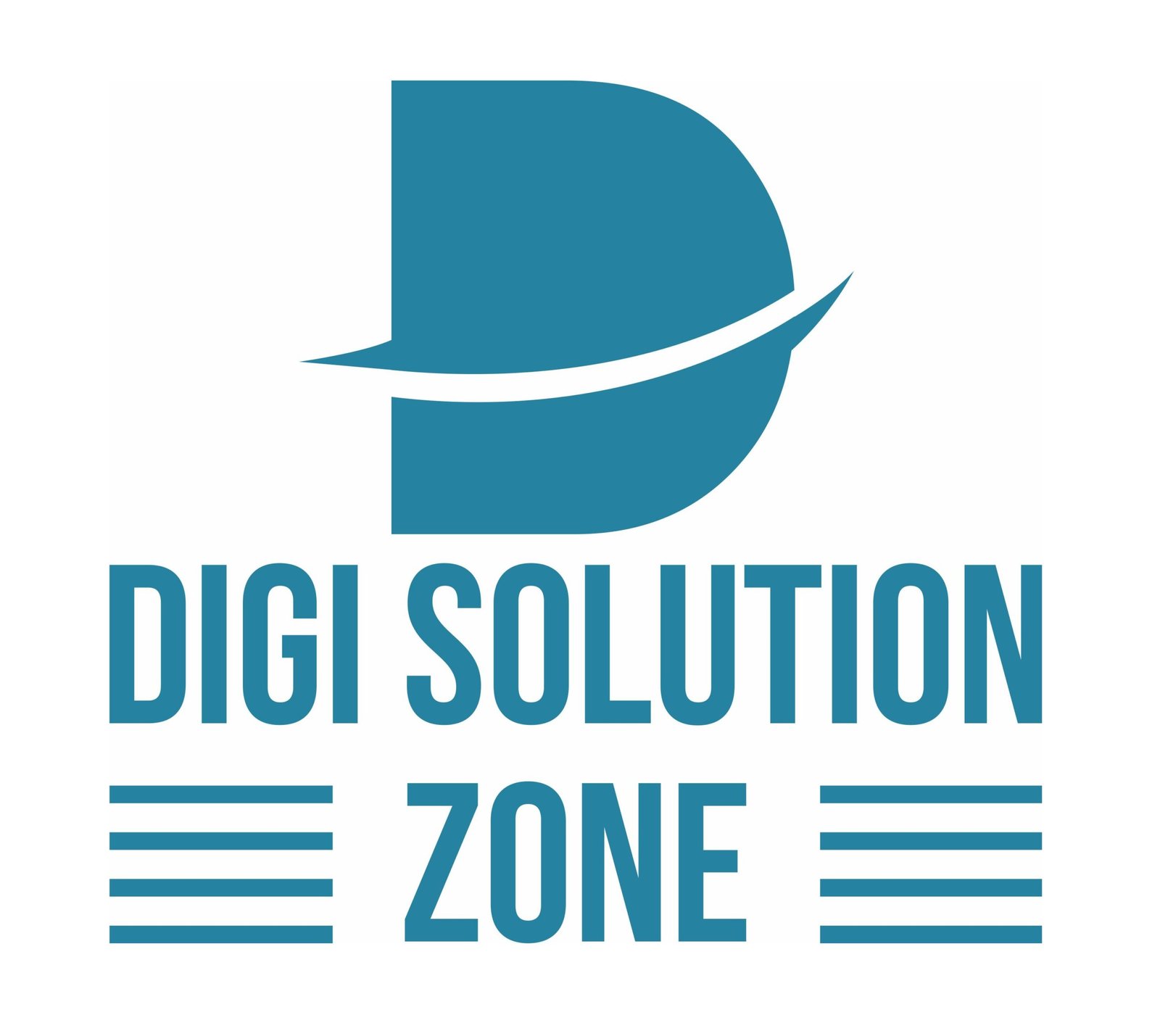Introduction
As more individuals in India are drawn to the stock market, the popularity of new demat account opening is surging. A demat (dematerialized) account is essential for holding shares and securities in an electronic format, allowing investors to trade seamlessly in the stock market. While the process to open a free demat account has become simpler and more convenient, new investors must understand the various costs associated with maintaining these accounts—particularly account maintenance charges (AMC).
Many people are attracted to the idea of opening a demat account due to promotions like “zero account opening fees” or “open a free demat account.” However, the costs don’t necessarily end at the initial setup. Maintenance fees can often catch new account holders by surprise, impacting the profitability of their investments if not accounted for in advance. Here’s why understanding these charges is crucial for new demat account holders:
What Are Account Maintenance Charges (AMC)?
Account Maintenance Charges (AMC) refer to the fee that a demat account provider charges for maintaining an investor’s account. While some firms may offer zero fees for opening a demat account, they often impose AMC to cover the operational costs of managing and storing the dematerialized shares. These charges can be annual, quarterly, or even monthly, depending on the service provider’s terms.
The AMC may vary widely between different brokerage firms. While some offer free maintenance for the first year, they may start charging from the second year onward. Others may have a fixed yearly fee or a variable charge based on the account balance. It is crucial for new investors to read the fine print when they open a free demat account to understand when and how much they will be charged for account maintenance.
Why Are AMCs Important for New Demat Account Holders?
- Impact on Investment Returns: One of the main reasons new demat account holders should be aware of AMC is its direct impact on investment returns. For small investors or those with a limited number of transactions, high maintenance charges can eat into their profits, especially if their investment grows at a modest pace. Being aware of these costs allows investors to calculate their net returns more accurately and plan their investments accordingly.
- Comparison Across Brokers: Knowing about AMC helps investors compare various brokerage firms before opening a demat account. Some brokers may charge a higher AMC but offer additional benefits like research tools, advisory services, or advanced trading platforms. Others may provide a basic service with lower or zero maintenance fees. By understanding the AMC structure, new investors can choose a broker that aligns with their trading volume, investment style, and budget.
- Avoiding Hidden Costs: Promotions like “zero-cost account opening” may sound appealing, but new investors should ensure that they are not blindsided by hidden maintenance fees later on. Many brokerage firms use the promise of a free demat account as a marketing tool to attract customers, who then find themselves paying considerable fees once the account is up and running. Understanding these charges can prevent unpleasant surprises and help investors avoid brokers that might not suit their long-term needs.
- Calculating Breakeven Points: Being aware of AMC is also important for calculating the breakeven point of investments. Investors need to know how much profit they need to make to cover these fees and move into profitability. For instance, if an account has an annual maintenance fee of ₹500, an investor should aim for returns that at least cover this cost. This awareness helps in setting realistic investment goals and strategies.
How to Minimize AMC Costs
Although account maintenance charges are standard, there are ways new investors can minimize these costs:
- Choose a Zero-AMC Plan: Some brokers provide zero AMC for the first year or even longer for new demat accounts. It’s worth looking for such offers, especially for those starting their investment journey with a small capital. Investors should, however, verify if these offers come with conditions, such as a minimum balance requirement or limited transactions.
- Opt for Basic Service Demat Accounts: For investors who do not trade frequently or have a low portfolio size, opting for a Basic Service Demat Account (BSDA) can be beneficial. BSDA accounts often have reduced or zero maintenance charges for account balances below a certain threshold. This can be an ideal option for small investors or beginners who are still exploring the stock market.
- Negotiate with Brokers: In some cases, especially when dealing with smaller brokerage firms, investors may be able to negotiate the terms of AMC. By discussing their needs and preferences with the broker, investors might secure a plan with lower maintenance charges that fits their budget.
The Role of Transparency in Demat Account Management
Transparency is key when it comes to managing new demat account opening. Investors must ensure that they are fully aware of all terms and conditions related to their demat accounts, including AMC. This transparency helps in making informed decisions, avoiding brokers with opaque fee structures, and selecting the most suitable service for long-term investment.
When a brokerage firm provides clear information about their charges, including AMC, it builds trust with investors and fosters a better relationship. New demat account holders should always read the fee structure and ask for clarification if needed before signing up. This approach ensures that investors can focus on growing their wealth without worrying about hidden charges.
Conclusion: Best Trading App for Beginners in India
While account maintenance charges are a crucial aspect to consider when opening a demat account, selecting the right trading platform is equally important for beginners. The best trading app for beginners in India should offer a balance of low fees, user-friendly features, and educational resources to help new investors get started. A platform that provides seamless account opening, low AMC, and intuitive trading tools can make the journey smoother for those stepping into the stock market for the first time. By being aware of costs like AMC and choosing the right tools, new investors can focus on what matters most—building a diversified and profitable investment portfolio.




